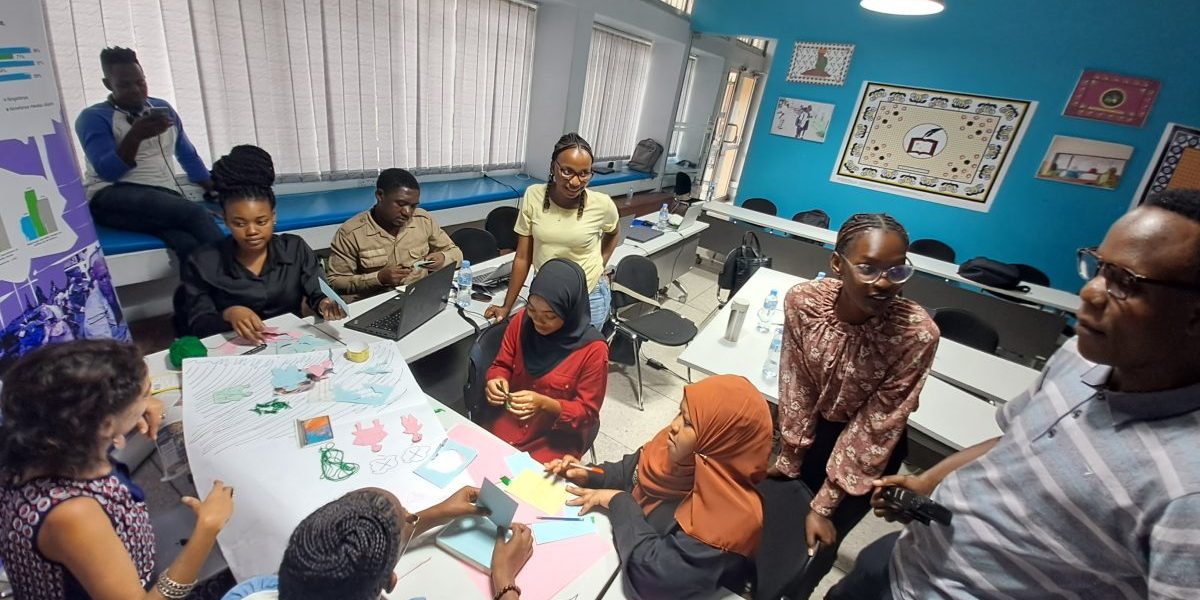Sub-Saharan Africa (SSA) has the youngest population of any region in the world. The rapidly shifting global trends because of the COVID-19 pandemic, population, climate change, and technological revolutions contribute to disrupting the social and economic integration of young people into the labour market, altering business models and changing future prospects in terms of work and skill demands.
Governments in the East and Southern Africa region have identified skills development, gender mainstreaming, and work readiness as crucial in shaping the future labour market and social outcomes. As such, countries have elaborated comprehensive technical and vocational training strategies that seek to equip the youth with the necessary skills for the current job market. However, the complex, rapid and interlinked global changes underscore going beyond addressing immediate challenges and necessitating a re-imagining of the futures of skills needs based on ongoing and emerging trends. Yet, research organizations and policymakers’ ability to apply long-term thinking and futures methodologies for effective planning is limited. As countries in the region shift attention toward post-pandemic recovery and climate change mitigation, it is important for policymakers to explore futures thinking and foresight approaches to rethink skills training and employment, including technical and vocational education and training (TVET) systems, to become better positioned for the future.
Recognising that the youth are not homogenous, the project developed under the International Development Research Centre’s (IDRC) strategic foresight framework will embrace an intersectional approach taking into account gender concerns while imagining future skills needs. This project therefore seeks to support countries in East and Southern Africa to strengthen systems of skills needs anticipation using different foresight methodologies. The youth skills needs and development for future jobs is a strategic entry point owing to its cross-cutting nature across all the sectors of development in African countries. It also aligns with the key priorities of the African Union Agenda 2063. The project will help contextualize foresight methodologies and strategies addressing emerging issues on the continent, focusing on building a resilient and agile workforce.








